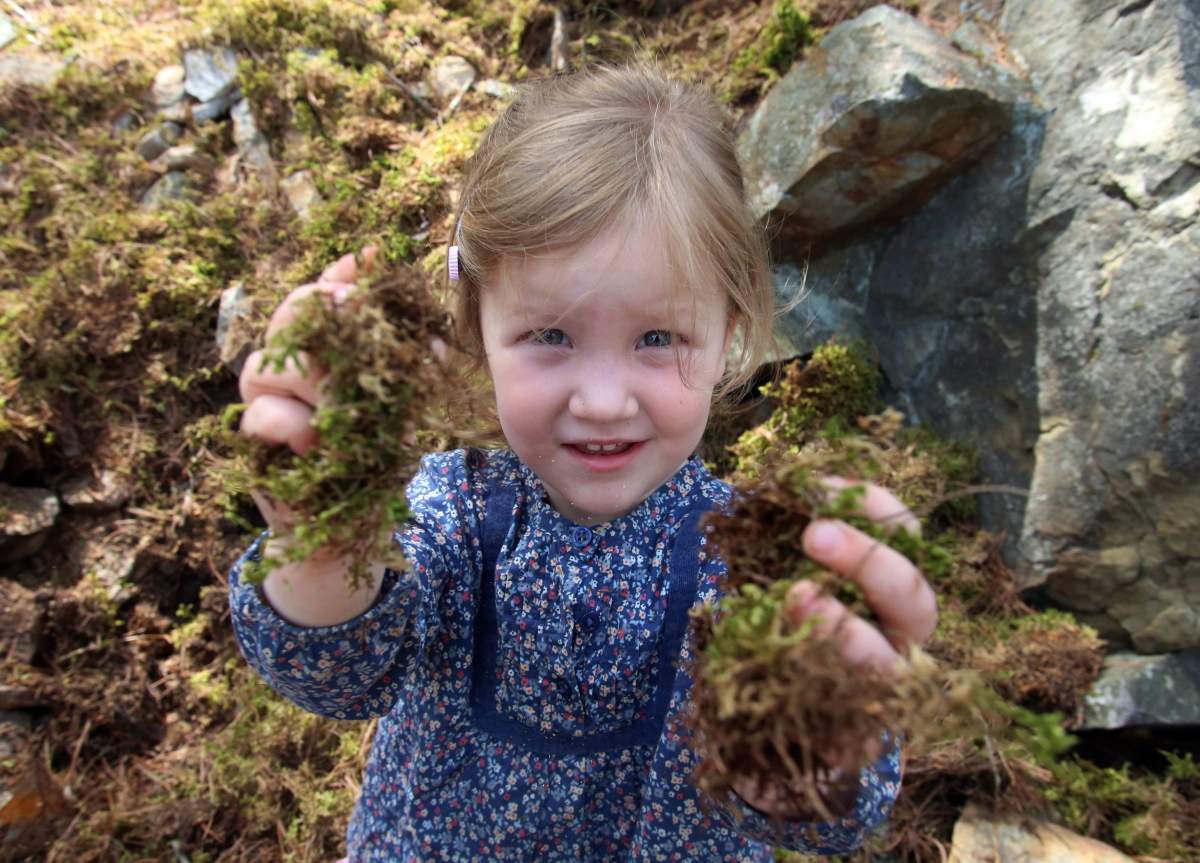Living in areas with access to green space can help set up children for success, according to new research from the University of British Columbia.

Researchers in UBC’s faculty of forestry and faculty of medicine looked at the developmental scores of more than 27,000 Metro Vancouver children who attended kindergarten between 2005 and 2011 and estimated the amount of green space around each child’s home from birth to age five.

“Most of the children were doing well in their development, in terms of language skills, cognitive capacity, socialization and other outcomes,” study author Ingrid Jarvis said.
“But what’s interesting is that those children living in a residential location with more vegetation and richer natural environments showed better overall development than their peers with less green space.”
Jarvis said the research highlights how green space can reduce the effects of air pollution and noise, which can negatively impact children’s health and development.
The study notes that further research is needed. If their findings are confirmed, it “could have important implications for urban planning and green infrastructure interventions.”








Comments
Want to discuss? Please read our Commenting Policy first.